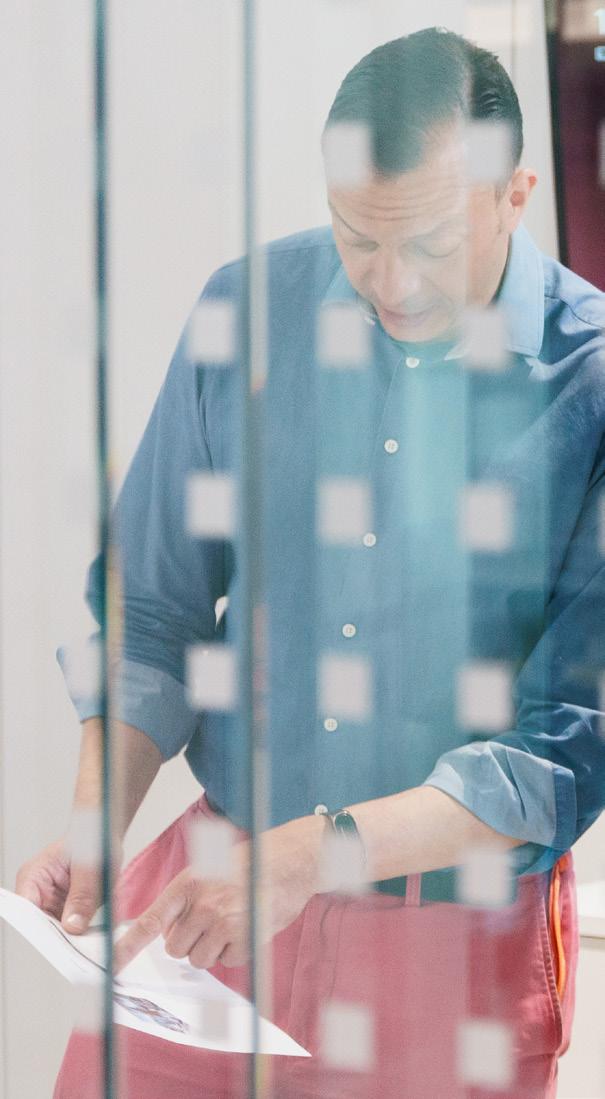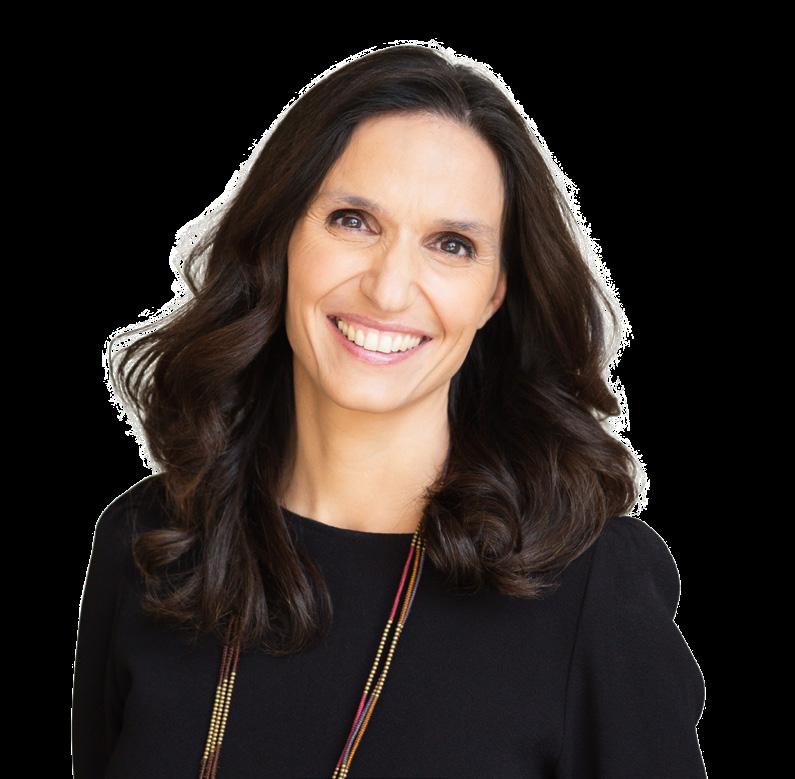
4 minute read
SPREAD DIAMOND OR PLATINUM
contracts, which are now readily available to the team; an e-sourcing tool to move away from email exchanges with suppliers; and a supplier-management tool, where they could send questionnaires to the suppliers and collect data relevant to their onboarding onto their system.
“The utmost goal was having the right tools at the right cost for GfK.”
People and processes over tech is true transformation
Becker says that, presently, there are a number of procurement people that concentrate on systems integration, thinking that procurement can be sped up if they just have the right system in place.
“I think that before jumping to a system solution a company needs to have the right processes in place first.
“One of the transformations that I brought about at GfK was to look at our procurement processes and deliverables, regardless of the system that was being used.
“Standardising and stabilising processes is far more important than the actual systems that are used. I would recommend doing this first and then introducing tools to support.”
The GfK supplier ecosystem and methods of differentiation
Like many other companies, GfK differentiates between their suppliers by segmenting them into the categories of ‘strategic’, ‘preferred’ and ‘everyone else’.
“We have some strategic partners that we could not operate without; partners that we have regular business reviews with to ensure that we are working in tandem, as well as joint continuous improvement plans, with actions for both sides.
“A lot of times, what a customer does has an impact on supplier costs, and rather than just squeezing the supplier it’s a better and more effective strategy to work together towards reducing the inefficiencies and overall costs for the business.”
Becker explains that the advantage of segmenting the supply base is that it ensures GfK doesn't need to tender each and every time they buy goods or services.
But one thing is for certain, and that’s that, once again, supplier relationships are key.
“We have partners such as Cognizant that we have been working with for 4 years”, says Becker. “Cognizant are a strategic partner for IT; they support our Enterprise Applications Teams and take care of SAP, Salesforce and many other projects.”
Explaining this further, Becker states that GfK chose Cognizant because they have the right technical skills, knowledge and credentials in the Information Management space – and because Cognizant are committed to sustainability.
“We had a very consultative process with them during the tender phase, where they’d proven themselves cost-effective by leveraging a global delivery model. They’re also flexible and not always pointing to the contract – plus, they also know how to take ownership, and supported us well throughout the pandemic, providing us with the right skills for the right projects. Although the world stopped, our projects didn’t”.
Sustainability transformation and commitments
GfK have also made a lot of progress in terms of their Environmental, Social and Corporate Governance commitments. Though they have been submitting Ecovadis and CDP reports for some years, GfK had not submitted any quantitative data. This, of course, relates to authentic sustainability, which is about measurable and therefore actionable policies. Again, Data is key.
This is where Becker came in: “The first thing we did was to measure our carbon emissions. We nominated staff at each of our sites as sustainability partners to support data-gathering. We were collating the data into a single tool and interpreting it.
“We collected carbon-related data for 2019 and 2020. Once we understood this, we put a programme in place to first reduce our building footprint by accelerating hybrid working and consolidating sites in the same country, and then we implemented local initiatives like recycling and reducing plastic.”
“I also ensured that all my procurement staff were trained on ethical procurement so they could better understand the social, environmental and ethical impact within the total supply chain.”
GfK have now made a commitment to be climate neutral by the end of 2025, and, according to Becker, since they’ve reduced as much as they presently can, they now need to offset.
“2022 was the first year that we offset 25% of our 2021 emissions,” she says. “We invested in a technology project in India that also gives back to the people in the region by helping women work and providing children with education.
“I firmly believe if more companies took the initiative like we did, we could really make the planet a better place for us all.”
Predicting the future…
When asked about what she sees for her company and her role in the future, Becker stated “I see best-in-class cost, productivity, quality – so we have things done right the first time around and a faster response time to our clients.”
“We’re not looking for cheap because ‘cheap’ drives low quality, and the reason GfK is successful is because we provide a high-quality product, at the right cost and at the right time.
“Aside from that, we want partners that are committed to sustainability and understand that we need to work on this together.
“I think there is still a gap in the service industry. And, although GfK has come a long way on this in the past few years, some of our suppliers are still lagging behind.
“So, we’re investing time with our suppliers now to help them through this journey – as we’ve just been through it, we understand the requirements.”


WRITTEN BY: CAMERON SAUNDERS
ith every passing year, fast fashion becomes more popular – despite constant discussion about the damage it wreaks on the environment and human rights. And, with every passing year, the inordinate waste becomes an even bigger scourge on the fashion industry’s environmental record.

With a better future in mind, Sustainability Magazine is taking a look at some of the leaders that can serve as a model for what companies can do.
Some have introduced circular policies; some have improved hiring practices, and others have pushed reusing and/or recycling. All, though, come brimming with ideas for how to create a more sustainable future.
Isabelle Sultan Cso
Parfums Christian Dior
Isabelle Sultan, CSO at Parfums

Christian Dior, had extensive experience with Danone prior to joining Dior, the French fashion house. Her experience with her old company informs what she does at the new one, and she believes that sustainability is not new, but serves to facilitate growth and change across the perfume industry.
Pierre Alexandre Cso
Hermès International
Prior to working as CSO at Hermès International, Pierre Alexandre was a partner at Ernst & Young, where he oversaw strategy development across the group and facilitated improvements to production.
At Hermès, the job is slightly different: the French fashion house is one of the leading purveyors of luxury goods in the world. Leather and silk are the name of the game at this company. Its quest for sustainable development goes back to its artisanal origins (it was founded in 1837). This quest for legitimacy of material has extended to sustainability in employment, as well as in local anchoring.









